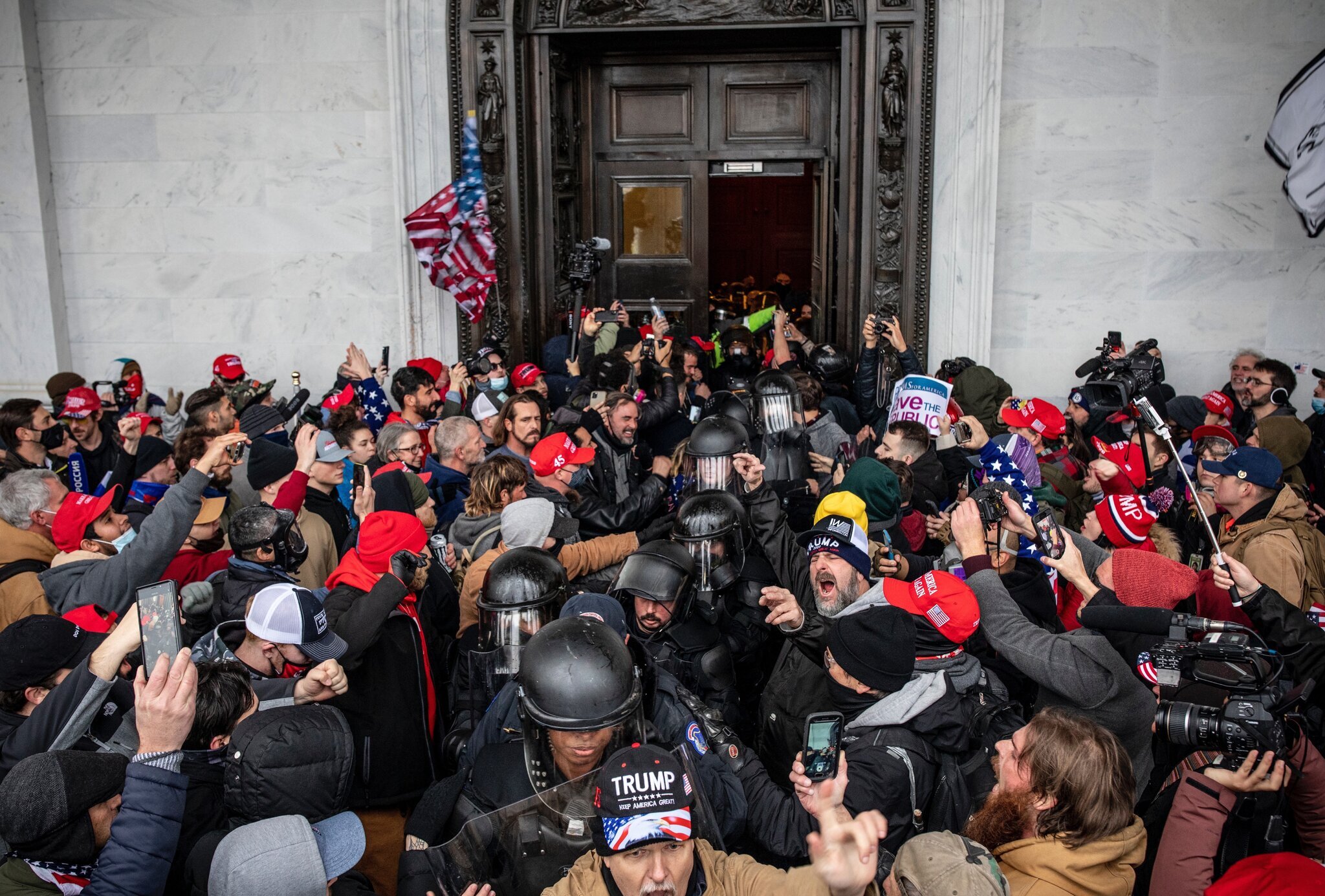ENDING TOK:
LAST TOK CLASSES
Ending a TOK course with ritual aplomb is just as important as a good beginning. Why not try something like this?
Reframe the core theme—Knowledge and the Knower
Facilitate one last in-depth class discussion on Post-truth
Ask students to complete a college-style, anonymous feedback survey
Revisit a few lines of Walt Whitman
Declare “this is where the story stops this ti…”
ME AS A KNOWER AND A THINKER
The TOK Essay was our rite of passage! It was the culminating piece of academic work that ended the two-year TOK apprenticeship. The Essay experience echoed the very first TOK Aim—“to encourage students to reflect on the central question, “How do we know that?”, and to recognize the value of asking that question.”
INFORMAL Small group activity
Students should reflect informally on the TOK experience and how it has helped them develop deeper personal understanding and meta-thinking, using these generative questions (cannibalized from the Core Theme graphic in the TOK Subject Guide):
1. How do I distinguish between claims that are contestable and claims that are not?
2. What resources do I have as a knower to help me navigate the world?
3. Where do my values come from?
4. What shapes my perspective as a knower?
5. How am I influenced by the different communities of knowers I belong to?
Protesters exit the Capitol after facing off with police in the Rotunda in Washington, D.C. after listening to a speech by President Trump on January 6, 2021. Related article | Related Student Opinion
POST-TRUTH QUESTIONS
To invite some focused, whole-class, end-game discussion here are some generative questions lifted from the Post-truth? unit in the knowledge and politics optional theme.
1. Are we really living in a post-truth world or have we always been surrounded by obfuscations and lies disguised as facts?
2. Have we reached a tipping point in our digital age where the sheer volume of advertising, distraction and outright deception have created a new chapter for humanity worthy of the name “post-truth”?
3. In a populist, post-truth era has it become harder for IB students to embrace the value of multiple perspectives and to maintain an international mindset?
AI—the promise and the threat!
Image credit: John Case - March 7, 2024
SOME FINAL THOUGHTS…
Students are bigger than any program, even a really good one like the IB Diploma!
Deep learning requires a kind of safe stress. Nobody ever “changed their mind” without some discomfort. The spirit of TOK is all about asking questions and daring to know. It is subversive in the sense that it discourages swallowing piecemeal conventional ideas of the day or the prepackaged opinions of peers or authority figures. It doesn’t matter how smart you thought you might have been compared to others in the room What mattered was your own participation in the questioning and the discussions and the gradual deepening your own understandings.
The TOK spirit is empowering. It is the opposite of allowing yourself to be pushed around by external forces. It is revenge for feeling intimidated or bewildered by knowledge and ideas that always seem to be owned by somebody else. No work of art, literature or music, scientific announcement, historic controversy, mathematical argument, esoteric vocabulary, ethical conundrum or political complexity should forever off limits.
When the dust clears on the particularities of playing the TOK game, what will count are a deeply rooted capacity for critical thought, reduced vulnerability for being manipulated, and the confidence to act―to be a player in the real world and actually make some kind of difference!
“You shall no longer take things at second or third hand, nor look through the eyes of the dead, nor feed on the spectres in books,
You shall not look through my eyes either, nor take things from me,
You shall listen to all sides and filter them from your self… Not I, not any one else can travel that road for you,
You must travel it for yourself.
It is not far, it is within reach,
Perhaps you have been on it since you were born and did not know…”


